- Paperback: 154 pages
- Publisher: Florence Fleming LLC (September 8, 2015)
- Language: English
- ISBN-10: 0996184104
- ISBN-13: 978-0996184106
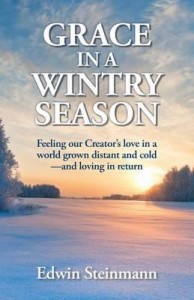
As the author himself points out, this book is not written with psychological language, because it isn’t as book about psychology. Ed Steinmann’s book is a personal account of the encounter that has had a transformative effect upon the author’s life. When you open the book an read the first paragraphs, you find the description of the dilemma the haunted so many individuals, including Jung himself. In a way this is what you might call „a Jungian dilemma”, because as we know certain crisis of spiritual values is a big part of the whole foundation of analytical psychology.
It is a modest book which describes profound process. If its author is to be praised for something, besides the other well-deserved appraisals you can already find in the book reviews, is that he takes courage to reveal such personal material in a direct and intimate sharing. This makes it a moving account.
Among different external references Ed Steinmann quotes Jung’s Red Book. His writing seems to be a valuable position between so many professional and complex studies of Liber Novus. Quite recently I quit one of the major spaces devoted to The Red Book in social media, which is the group space on Facebook. After its publication, Jung’s account has quickly become the most desired subject of many studies and exchanges, and rightly so. But then after the period of time you look at the spaces like the one on Facebook to see how people make selfies such as „Another Friday evening with The Red Book”. Nice. Perhaps it is good that everybody nowadays read The Red Book. And perhaps it has become trendy to be the reader of The Red Book. Edwin Steinmann in his book seems to be telling us: read The Red Book but then study yourself. It is there where you need to search for necessary answers, when life is pushing you to your knees. Reminds me of Rumi’s saying: “When the world pushes you to your knees, you are in the perfect position to pray.”
Certainly you might read Steinmann’s account as a extraordinary example of mid-life crisis marked with certain one-sidedness of the conscious attitude followed by the compensatory impulse from the unconscious accompanied by the brave decision to follow that voice, and so on. But that would have been a psychologizing in the face of the mystery that is described in this very personal story. But to fall into the Jungian jargon just a little, you might say that in his memoir he is sharing with the readers his own personal myth. Then it reminds me of Hillman’s comments on the myth, when he says that myth is not rational. Therefore you cannot prove it, you can’t disprove it. You cannot argue with it. All you can do is to be sensitive and see what it does to you. It is so with Jung’s Liber Novus, and so it is with Steinmann’s book. Regardless of your perception of this book, it is right in that area of reflection which to me seem to be poignant in our current times of the Red Book’s popularity. When the author quotes Job’s „but now my eye sees You”, it is good to follow the quotation further, when Job says „Therefore I retract, And I repent in dust and ashes.”
TJJ
Tags: Ed Steinmann, grace, spirituality












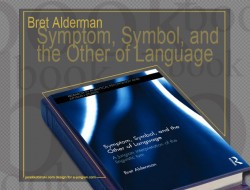
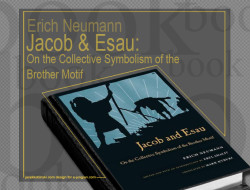










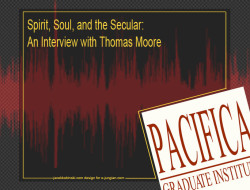
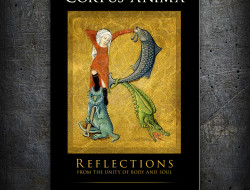
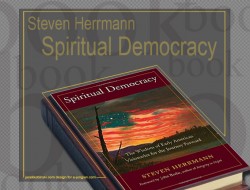










Thank you!